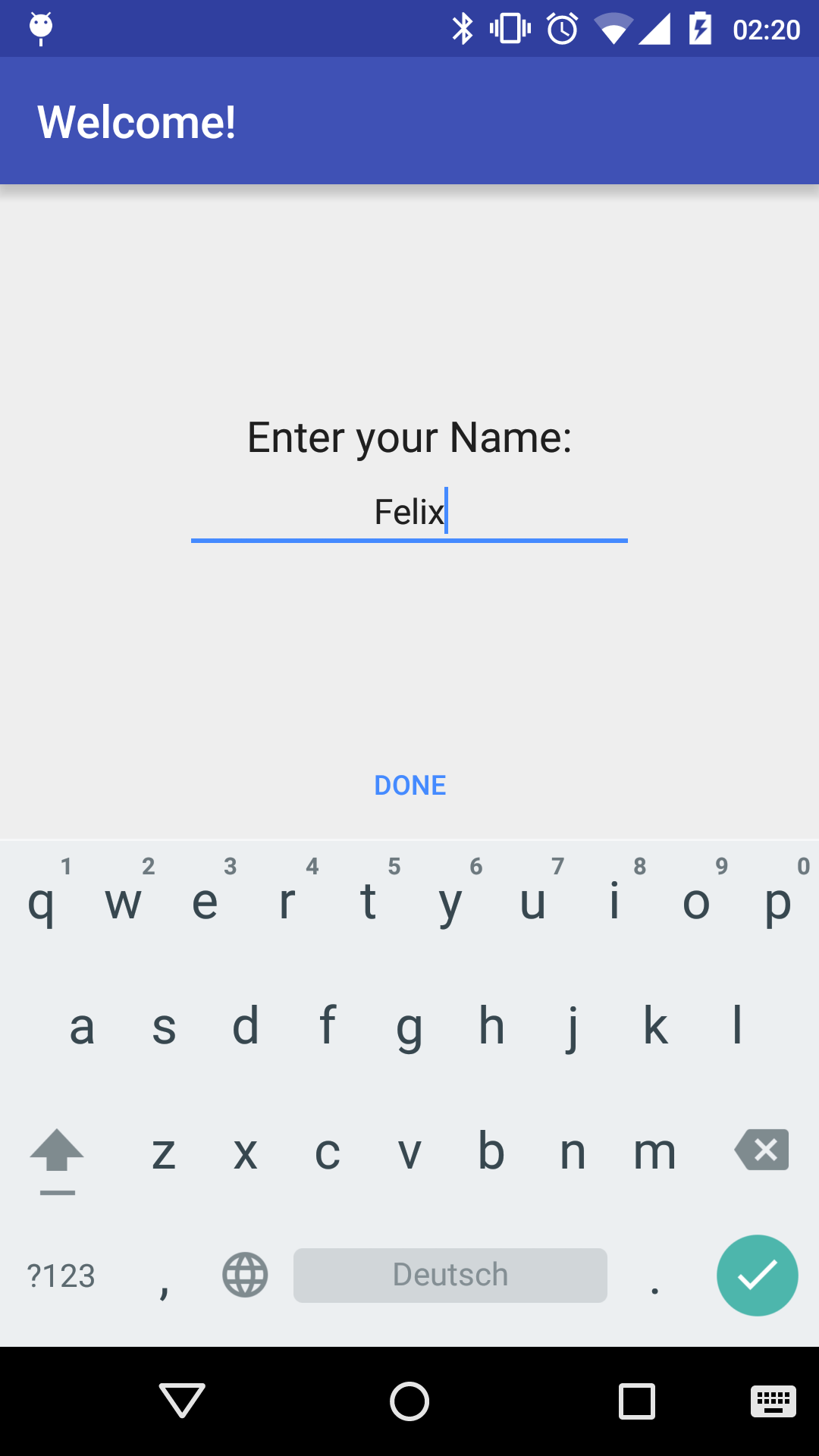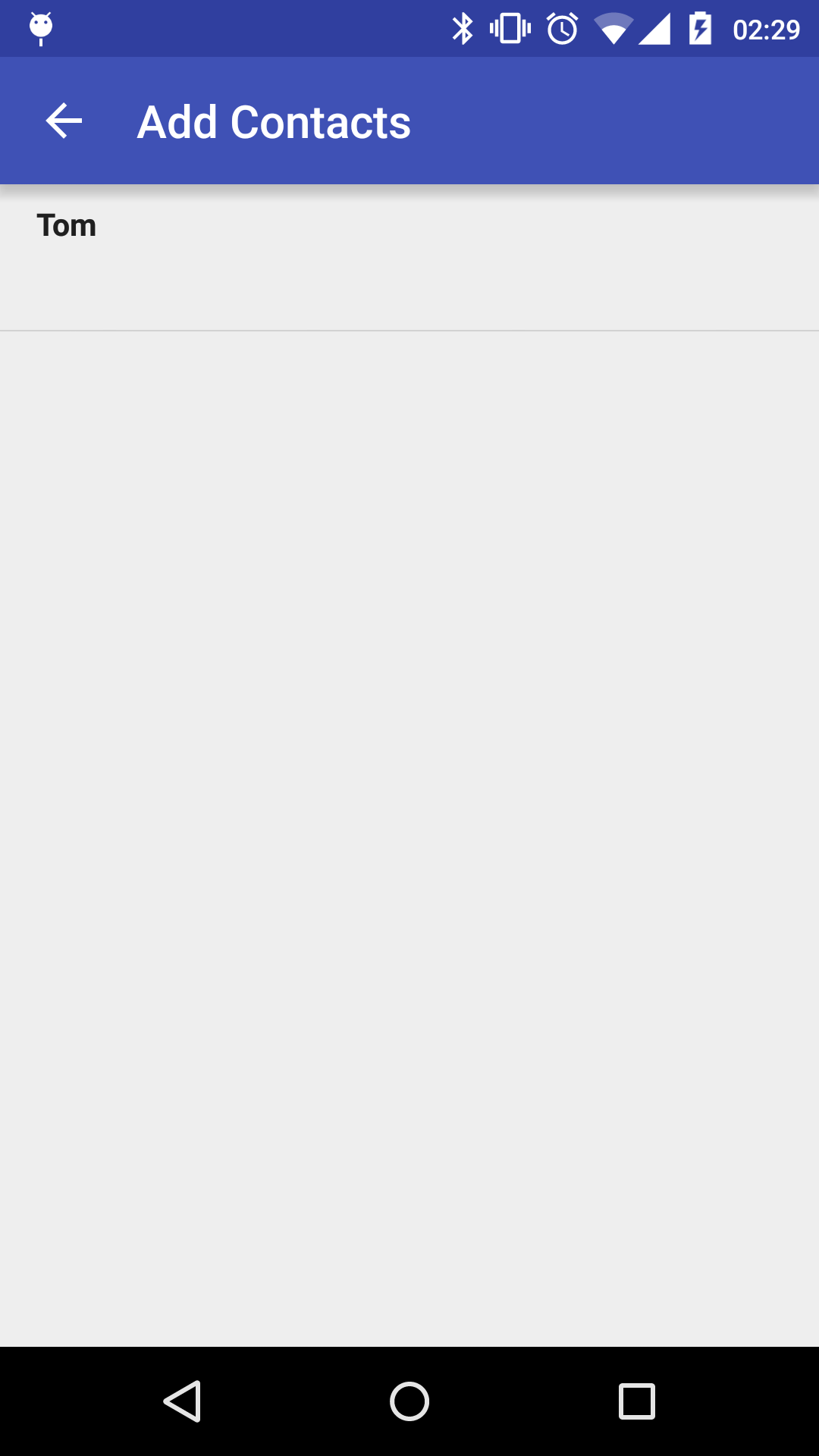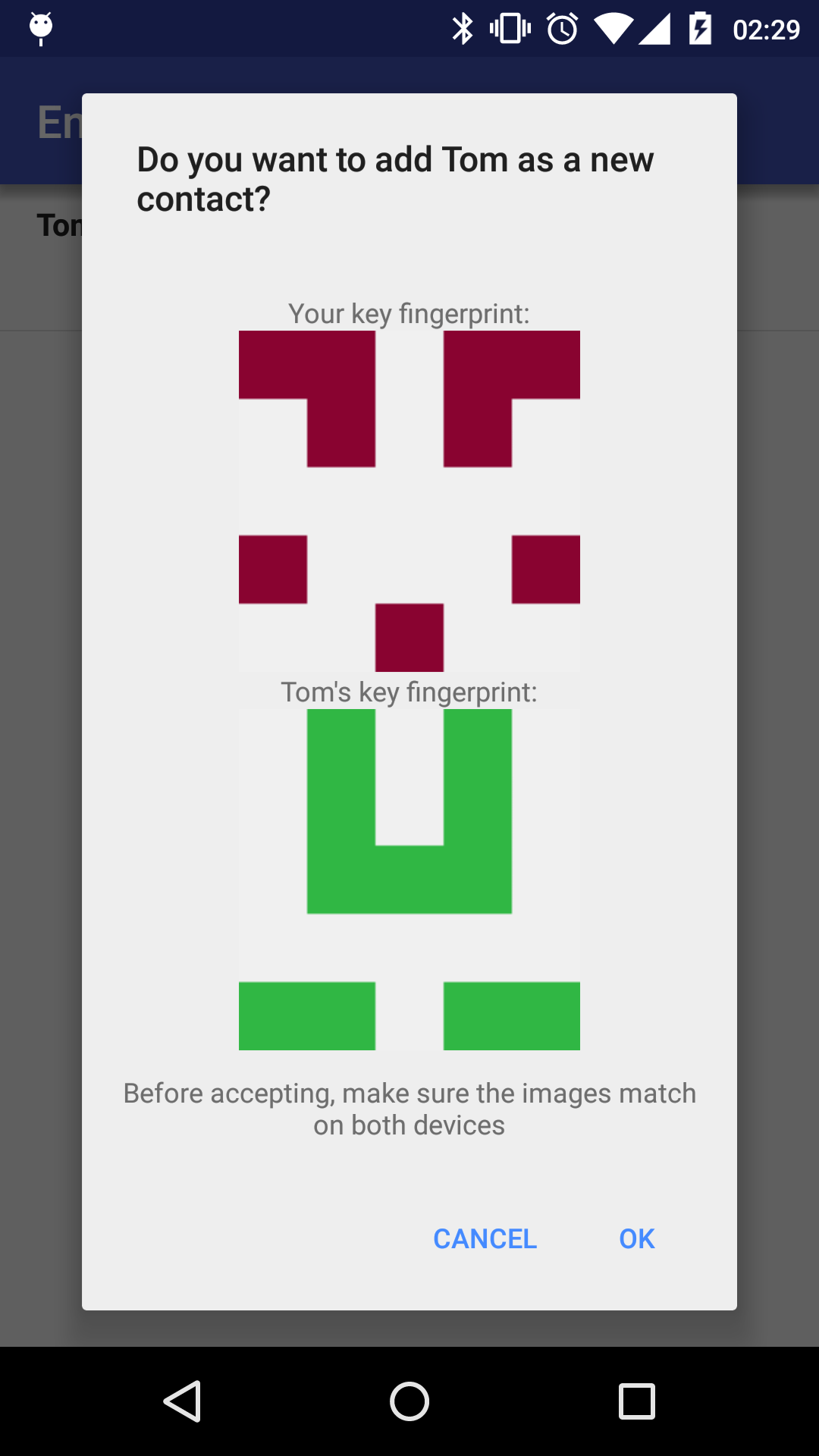| android | ||
| core | ||
| gradle | ||
| graphics | ||
| integration | ||
| server | ||
| .gitignore | ||
| build.gradle | ||
| gradlew | ||
| gradlew.bat | ||
| LICENSE | ||
| PROTOCOL.md | ||
| README.md | ||
| settings.gradle | ||
Ensichat
Instant messenger for Android that is fully decentralized. Messages are encrypted and sent directly between devices via Bluetooth or Internet, without any central server. A simple flood-based routing is used for message propagation.



Building
To setup a development environment, just install Android Studio and import the project.
Alternatively, you can use the command line. To create a debug apk, run ./gradlew assembleDevDebug.
This requires at least Android Lollipop on your development device. If you don't have 5.0 or higher,
you have to use ./gradlew assembleRelDebug. However, this results in considerably slower
incremental builds. To create a release apk, run ./gradlew assembleRelRelease.
Testing
You can run the unit tests with ./gradlew test. After connecting an Android device, you can run
the Android tests with ./gradlew connectedDevDebugAndroidTest (or
./gradlew connectedRelDebugAndroidTest if your Android version is lower than 5.0).
To run integration tests for the core module, use ./gradlew integration:run. If this fails (or
is very slow), try changing the value of Crypto#PublicKeySize to 512 (in the core module).
License
All code is licensed under the GPL, v3 or later.
The launcher icon is based on the Bubbles Icon created by Paomedia which is available under CC BY 3.0.

